
Perfect/Imperfect: Embracing Natural Design in Bali
Book
The home designs of Alejandra Cicneros mark a significant departure from the tropical 'Bali' style...
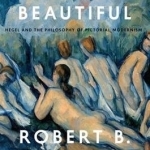
After the Beautiful: Hegel and the Philosophy of Pictorial Modernism
Book
In his Berlin lectures on fine art, Hegel argued that art involves a unique form of aesthetic...

Hans Memling: Portraiture, Piety, and a Reunited Altarpiece
Book
Hans Memling was one of the most important, prolific and versatile painters active in 15th-century...
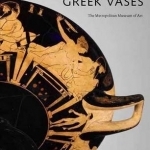
How to Read Greek Vases
Book
This handsomely illustrated volume is the second in a series of publications aimed at giving a broad...
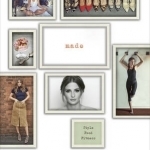
Made: A Book of Style, Food and Fitness
Book
Millie Mackintosh may have always looked like she had the perfect model shape, but a few years ago...
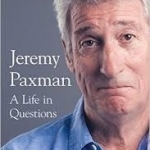
A Life in Questions
Book
The book everyone is talking about News, views and hilarious stories from the legend of Newsnight...
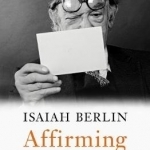
Affirming: Letters 1975-1997
Book
"IB was one of the great affirmers of our time." (John Banville, New York Review of Books). The...
Winning the Brain Game: Fixing the 7 Fatal Flaws of Thinking
Book
Mindful thinking is the new competitive edge Science confirms the distinction between the biological...
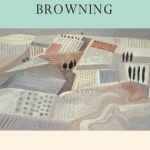
The Collected Poems of Elizabeth Barrett Browning
Elizabeth Barrett Browning and Sally Minogue
Book
eng With an Introduction and Notes by Dr Sally Minogue Elizabeth Barrett Browning was such an...
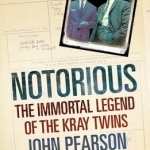
Notorious: The Immortal Legend of the Kray Twins
Book
Ever since the Kray twins invited John Pearson to write their 'official' biography more than forty...
